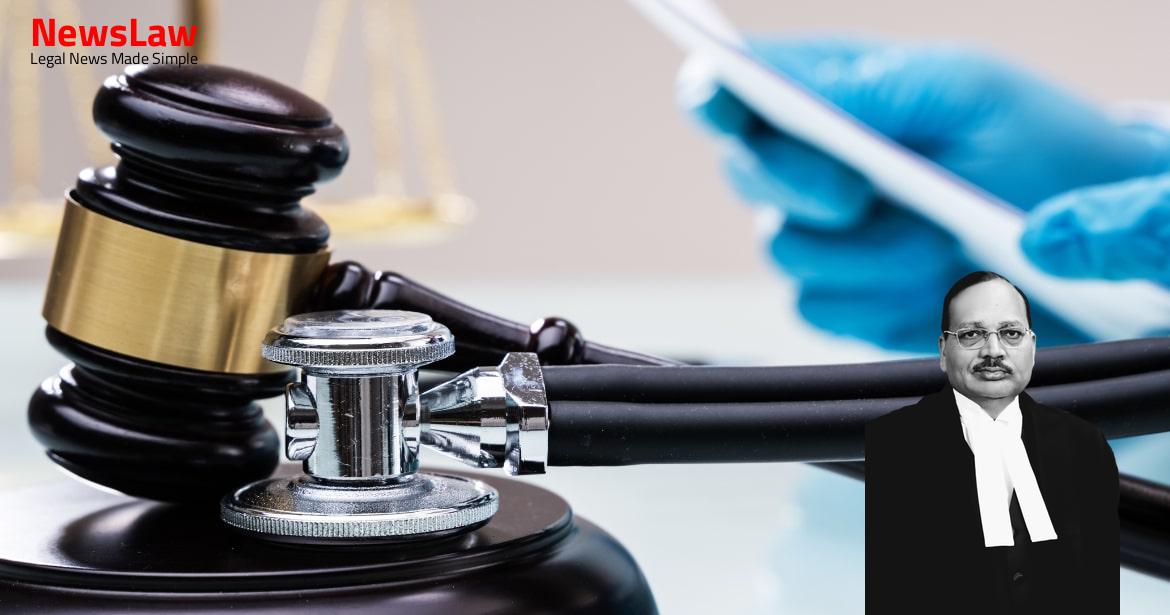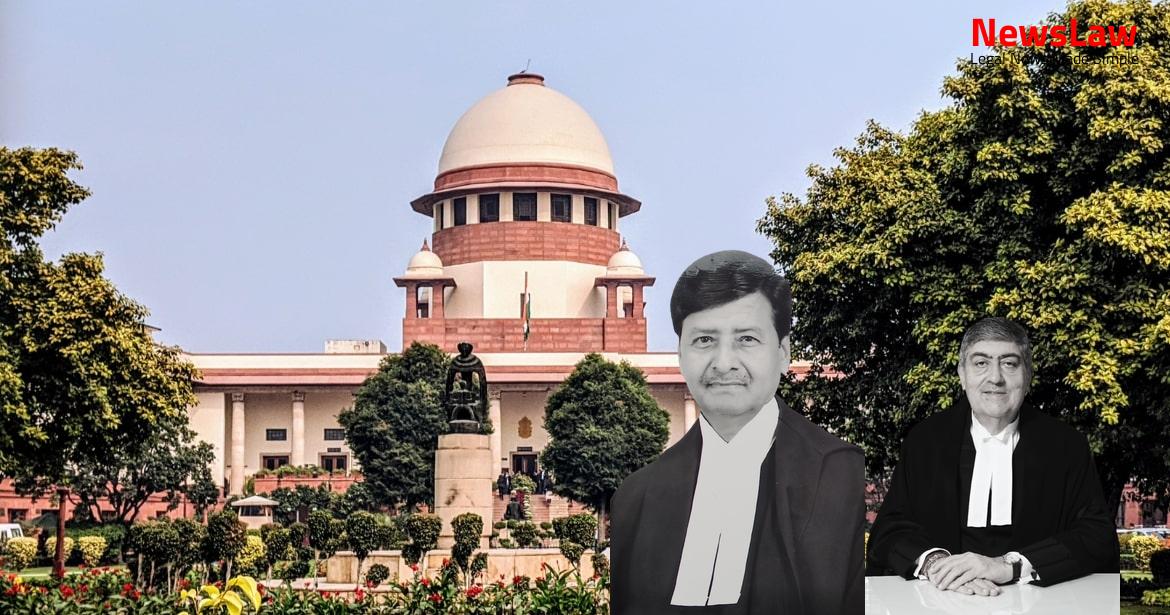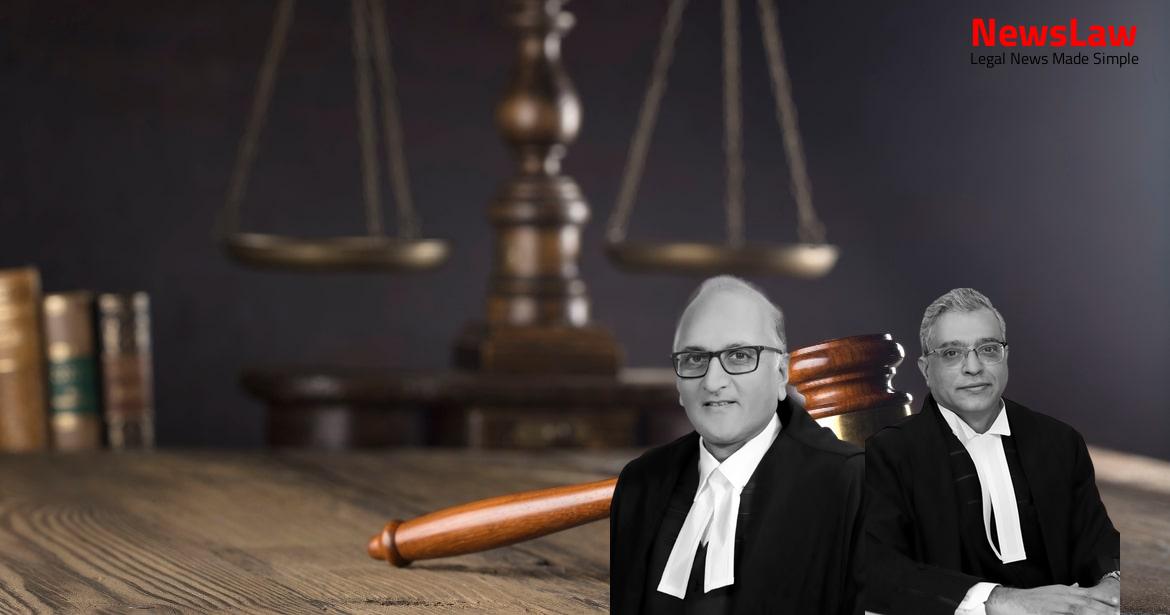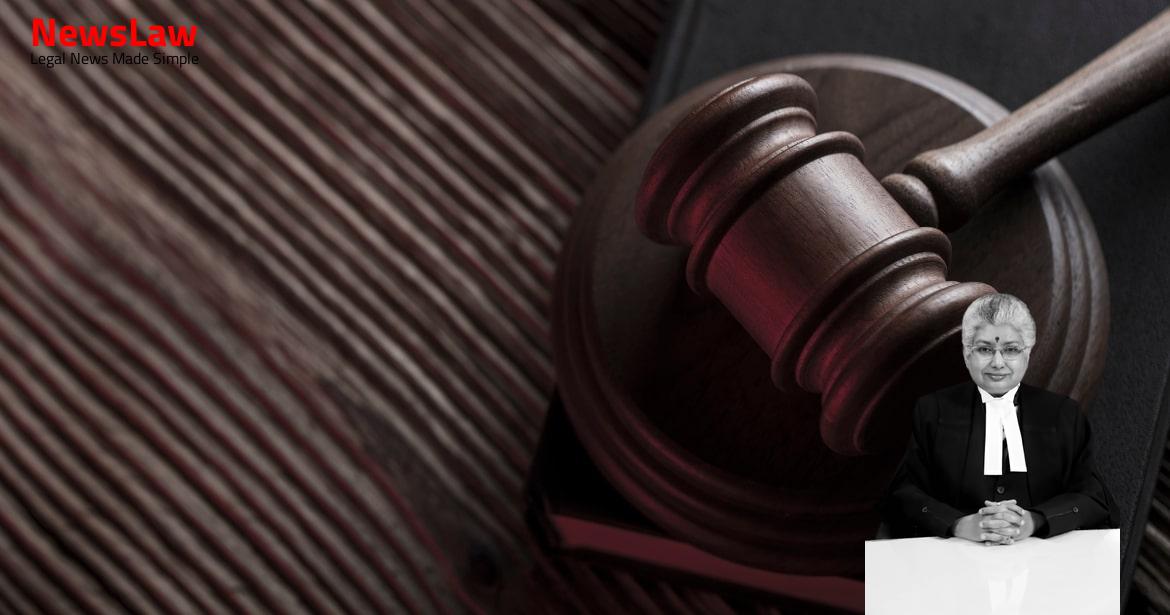In a significant legal battle, the Supreme Court of India ruled on the case involving Abhyudaya Co-operative Bank Ltd. and the Guravs regarding debt recovery. The judgment addresses crucial issues related to the Limitation Act and the concept of continuing wrong in such cases. This ruling marks a turning point in the legal landscape, shedding light on the complexities of debt recovery and time-bound actions.
Facts
- A default of Rs. 6.7 Crores was found against the respondent ABHYUDAYA CO-OPERATIVE BANK LTD.
- The Recovery Certificate of 2001 clearly shows the default and absence of a statable defense.
- Respondent No.2 was declared a NPA by Abhyudaya Co-operative Bank Limited on 23.12.1999.
- A Recovery Certificate was issued on 24.12.2001 for the amount owed.
- An appeal to the NCLAT was dismissed on 05.09.2018 stating that no limitation period would attach due to the continuing cause of action.
- A petition under Section 7 was admitted on 05.03.2018 by the NCLT as the default continued, and no period of limitation would attach.
- A Section 7 petition was filed by the Respondent claiming that the amount, along with interest accruing from 1998, was payable to them due to the assignment of the loan originally granted to Respondent No.2.
Also Read: Land-Grabbing Conspiracy Case: Supreme Court’s Landmark Judgment
Analysis
- The case in question is covered by the judgment in B.K. Educational Services Private Limited vs. Parag Gupta and Associates, 2018 (14) Scale 482.
- The Limitation Act is applicable to applications filed under Sections 7 and 9 of the Code from the inception of the Code, thereby Article 137 of the Limitation Act is attracted.
- The concept of ‘right to sue’ is essential in cases of continuing wrong, where the act creates a continuing source of injury
- Section 23 of the Limitation Act refers to a continuing wrong and not a continuing right.
- A distinction should be drawn between the injury caused by a wrongful act and the effect of the said injury.
- Section 23 of the Limitation Act can only be invoked for acts categorized as continuing wrongs.
- If the default occurred over three years prior to the application filing date, it may be barred under Article 137 of the Limitation Act.
- Section 5 of the Limitation Act could be applied to condone delays in filing the application in exceptional cases.
- Limitation is saved when a default occurs; Section 23 can save limitation in certain cases.
- A wrongful act constituting a continuing wrong is one where the injury itself continues.
- – The decree obtained by the trustees in the litigation significantly damaged the appellants’ rights.
- – The trustees’ act of denying the alleged rights of the Guravs as hereditary worshippers and claiming possession in 1922 was found to be wrongful.
- – The Recovery Certificate issued in 2001 further injured the appellant’s rights.
- – The limitation for the present suit began ticking from the issuance of the Recovery Certificate.
- – Since the claim in the present suit is time-barred, there is no debt legally due and payable.
Also Read: Limitation Period Clarification: B.K. Educational Services Pvt. Ltd. vs. Parag Gupta & Associates
Decision
- The appeal was allowed by setting aside the orders of the NCLT and NCLAT.
- No costs were awarded in this case.
Also Read: Supreme Court Judgement: Determination of ‘Seat’ of Arbitration Proceedings
Case Title: VASHDEO R BHOJWANI Vs. ABHYUDAYA CO OPERATIVE BANK LTD
Case Number: C.A. No.-011020 / 2018



